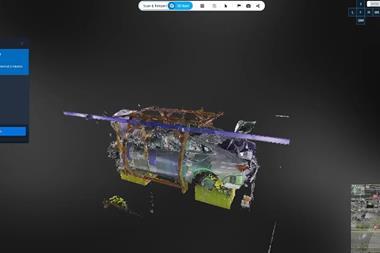AMS Environment and Sustainability 2020 – Greener production, battery recycling, decarbonising materials and more
By AMS2020-11-24T11:49:00
For the automotive industry environmental sustainability is not just important for the vehicles they produce, it is also a key factor in the production process. This edition of AMS takes a close look at sustainable production, utilising recycled materials and renewable energy sources
Over the last decade, the automotive industry has focused much of its environmental efforts on reducing tail pipe emissions and the CO2 produced by petrol and diesel powertrains. This challenge has been met with a huge commitment to developing and producing vehicles powered by electric motors, fuelled by the latest battery systems. So far, so good, but perhaps a greater sustainability challenge faces the automotive industry; that of ensuring carbon emissions are massively reduced across the entire manufacturing supply chain.
This edition of AMS looks at some of the key focus areas. Recycling and using recycled materials are not new to the automotive industry, but there are some new challenges – both in new areas like recycling EV batteries, and in areas that require continuous developent, like recycling steel and aluminium, and in using more sustainable materials in vehicle interiors. However, recycling and re-use of materials is just one part of the solution; we also take a look at sourcing renewable energy through solar, and at process optimisation in the paint shop and in battery electrode production.
Register free or now to view the complete digital edition.
This issue features:
- EV battery recycling: Costs and components
- Steel: Versatile, familiar and recyclable
- Aluminium: Making light work of recycling
- Vehicle Interiors: Recycled material options
- Renewable energy: Solar powers production
- Dürr: Sustainable electrode coatings
- ArcelorMittal: Carbon reduction roadmap
- ABB: PixelPaint reducing waste
- SSAB: Ready for fossil-free steel







































